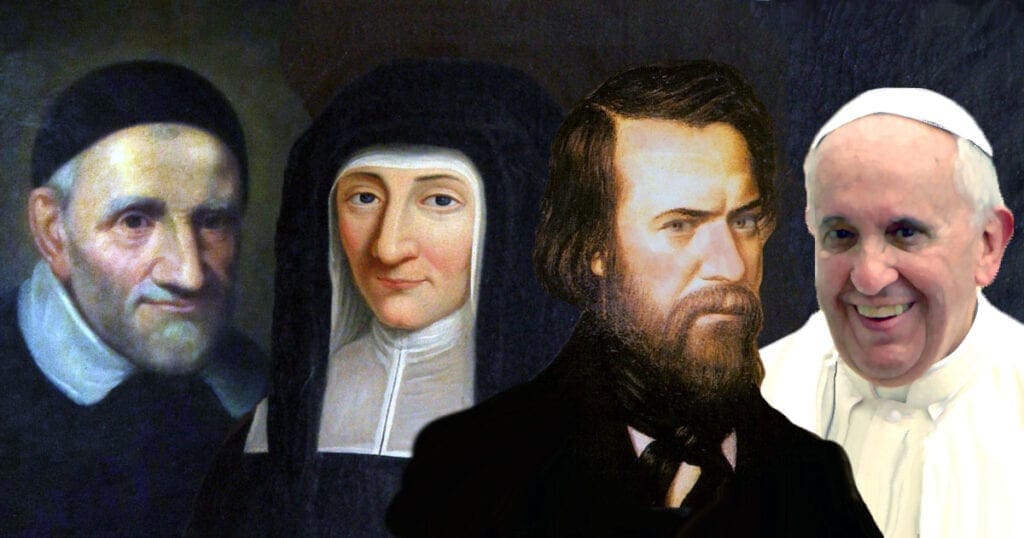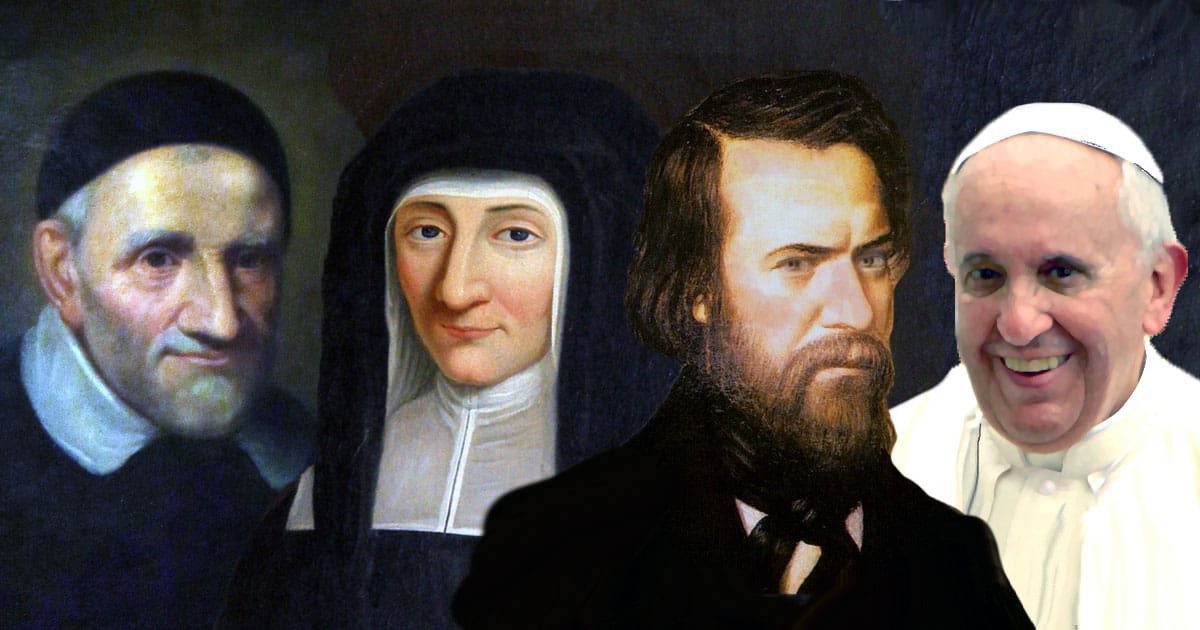To Love Another Person is to See the Face of God (Part I)
Before the singing of the final chorus of the musical production of Victor Hugo’s masterpiece, Les Miserables, the characters Fantine, Valjean and Eponine, proclaim in song:
Take my hand and lead me to salvation
Take my love, for love is everlasting
And remember the truth that once was spoken:
To love another person is to see the face of God.

Jean Valjean had been given a second chance in life “to become an honest man.” Fantine was a laborer in Valjean’s factory and he sat by her bedside as she was dying and promised to take care of her daughter (Cosette). Eponin, the daughter of the innkeeper, longed to be loved in the manner that Valjen loved Cosette and that Marius and Cosette loved one another. They had each experienced God’s love, they had each had an encounter with God through the love of another person. Yes, the love of another person had revealed to them the face of God.
Here, it should be remembered that Victor Hugo admired Vincent de Paul and, in his novel, he based the character of the Bishop on Vincent de Paul. We, as members of the Vincentian Family, know that on more than one occasion Vincent spoke about leaving God in order to find God. In fact, in the November 20th, 1646 document entitled, “Erection of the Company of the Daughters of Charity as a Confraternity,” we read: whenever necessity or obedience calls them to the service of persons who are poor and other duties, these must always be preferred to their devotional practices, and reflect that in so doing they are leaving God for God (CCD:XIIIb:138). Those words simply reflect and emphasize words that Vincent had previously spoken when he told the Daughters that if the good pleasure of God were that you should go on a Sunday to nurse a sick person instead of going to Mass, even though that is a matter of obligation, you should do it. That is called leaving God for God (CCD:X:76) … holy obedience reconciles everything and requires that you leave prayer to go to serve the poor, as you have so often been taught. That is leaving God for God (CCD:X:435) … God calls you to make your prayer, and at the same time He calls you to that poor, sick person. That is called leaving God for God (CCD:X:478).
Louise de Marillac used similar words: For the love of God practice great gentleness toward the poor and toward everyone. Try to satisfy as much by words as by actions. That will be very easy for you if you maintain great esteem for your neighbor: the rich because they are above you, the poor because they are your masters (SWLM:209 [L.200b]) … above all, be very gentle and courteous toward your poor. You know that they are our masters and that we must love them tenderly and respect them deeply. It is not enough for these maxims to be in our minds; we must bear witness to· them by our gentle and charitable care (SWLM:320-321 [L.284b]).
Vincent and Louise were convinced that the poor were the privileged place for an encounter with the living God: it is among those poor people that true religion and a living faith are preserved; they live simply … they submit to order and are patient … they work all day long in the great heat of the sun (CCD:XI:190). But Vincent was not some wide-eyed idealist. He was also able to affirm the fact that the poor can be crude and rude, very often they scarcely have the expression of the mind of rational persons and yet having that he can conclude with the words: How beautiful it is to see poor people if we consider them in God and with the esteem in which Jesus Christ held them (CCD:XI:26).
Perhaps individually and as a group we might take time to reflect on the following:
[1] What does the face of YOUR God look like?
[2] What does “leaving God for God” mean for you today during this time of pandemic?
[3] How have you taken advantage of “a second chance in life”?
To view other posts in this series, click here.
Tags: Barquin







Thank You for this reflection. Just yesterday, I meet a person who reminded me, by her life style, what it means to live our life for God when we put up with circumstances that inconvenience us.